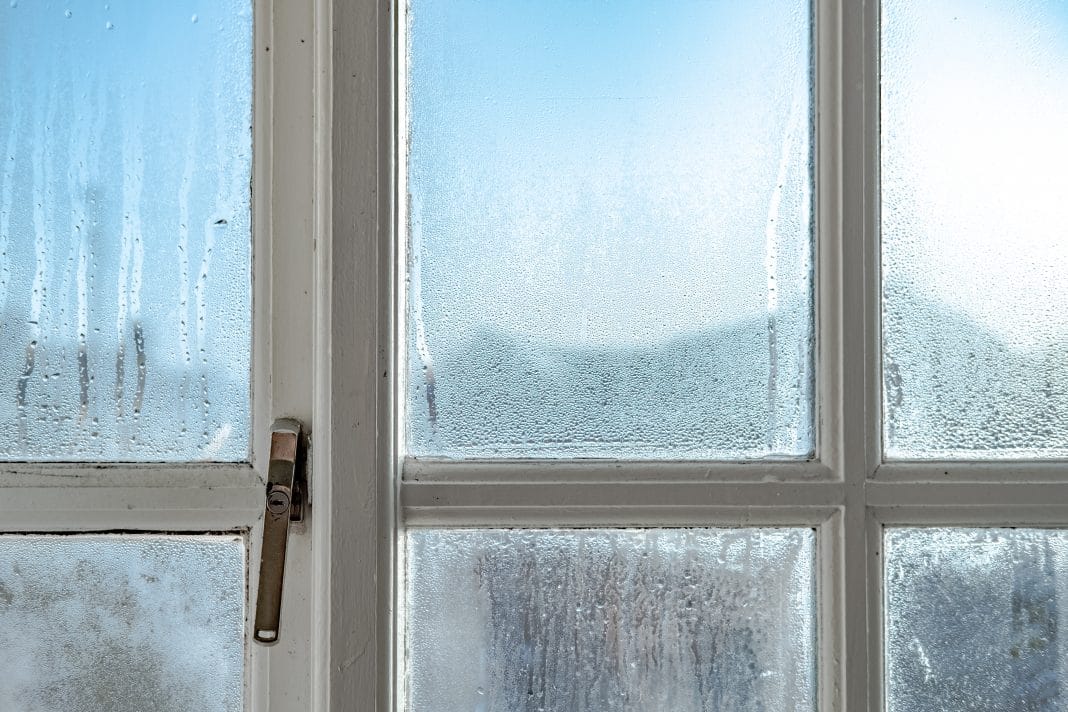For 11 years, Ella [not her real name] has been renting a home in the Inner North that is almost unbearable to live in, and she said her property manager couldn’t care less.
Her property manager’s response to her asking for basic necessities was that the property is an investment for the owner, which has left Ella feeling like a second-class citizen.
The home is a double brick that gets little to no sun in the winter, with draughty windows where she can feel the breeze coming through and are wet with condensation, no matter what she does to try and help it.
Ella said she’s not the type of person to sit around and complain, so for years has been attempting to make her home a reasonable temperature to little or no avail, and with minimal help from the real estate agency.
Stacked up on her walls and windows are insulation panels she purchased herself from Bunnings, as well as reflected window film, a draught-stopper snake under the front door to help seal the gaps, and insulation boards.
All of this has been expensive, Ella said. She’s had no financial compensation from the owner and feels the measures she’s taken as a renter are as much as she can do by herself.
“I literally have to sleep with a beanie, hoodie and heated throw rugs and it just doesn’t matter what temperature the heater is on because the cold just comes straight on in,” Ella said.
The living room has a reverse-cycle system that she said is too expensive to run and doesn’t reach any of the bedrooms, but she has been forced to use it minimally on the coldest winter days.
And it’s not just through the winter months that Ella has to suffer through, as the summer heat can be almost just as painful.
“Summer is terrible and not being able to sleep affects my mood and mental health,” she said.
“Even with two standing fans and a ceiling fan I had to purchase myself, my room temperature will still be around 36 degrees, so there’s not much else I can do except sleep on the balcony outside where it’s 10 degrees cooler.”
Ella said she feels bullied by her property manager and believes that possibly some of her requests haven’t even been put through to the owner.
“When they said “it’s an investment” it was such an insult and I wish I’d retorted that ‘it’s my home’,” she said.
“I was just aghast, but I feel as though there are limited choices because moving is a big logistical and expensive process and what’s to say the next place is going to be any better?”
Ella said it’s frustrating to ask for help and not get anything back, as though if you can’t afford to buy your own property, you just have to suffer the consequences.
The home needs substantial improvements and she said if she were a landlord, she would do as much as she could to help her tenants and have empathy for them.
“I think, to be honest, I’m not sure if landlords even think about us,” Ella said.
“There’s lots of landlords with insulation and heating and window coverings so they probably don’t think beyond getting the rent cheque.
“Landlords just look for the rental returns, they don’t see beyond that there is a person living there.”
Ella is far from alone in her struggles.
The Better Renting Impact Report looked into cold-housing deaths in the ACT and estimated 40 people die due to cold housing annually. Meanwhile, a study published in the The Lancet reports that 6.5 per cent of deaths in Australia are attribute to the cold, more than the rate found in a cold-climate country like Sweden.
This week, 75 organisations across Australia have written an open letter to state and territory Cabinet Ministers calling for minimum standards for rental properties to better protect the health of renters and protect them from the impacts of climate change.
The letter is spearheaded by Healthy Homes for Renters in Canberra who are campaigning for every renter to be able to live in a healthy home and seek a firm commitment by the government to implement the recommended minimum standards.
No Cabinet Minister has responded to the letter as of yet.



